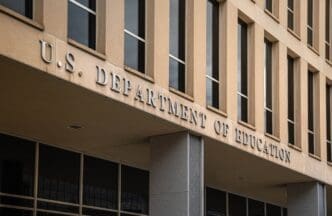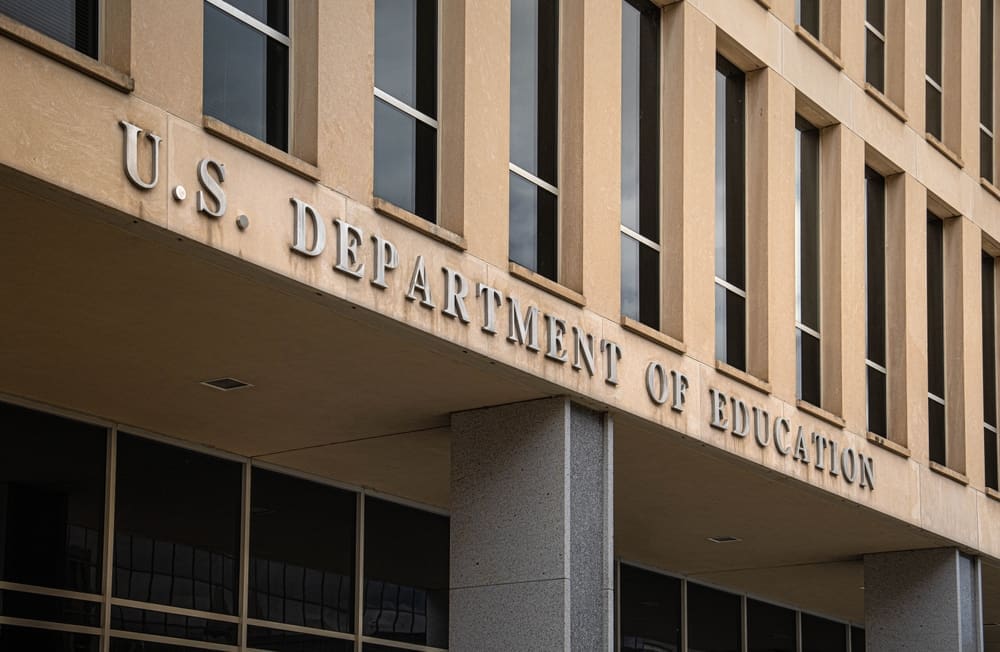The Education Department has reversed its commitment to addressing disciplinary disparities for Native American students in a South Dakota school system. The decision signifies a shift under President Donald Trump’s administration regarding the interpretation of anti-discrimination laws, with plans to reassess similar agreements nationwide. The Rapid City Area School District faced scrutiny over harsh disciplinary measures and limited access to advanced coursework for Native students, who were significantly more likely to face suspension and arrest compared to their white peers.
A federal investigation highlighted these inequities, revealing Native students were approximately four times as likely to be suspended and five times as likely to be arrested compared to white students. Last month, the Education Department informed the district of its decision to close the compliance review, citing that the agreement violated civil rights laws by being fundamentally rooted in efforts to promote diversity, equity, and inclusion (DEI).
Parents involved in discussions with the Office for Civil Rights expressed frustration over this decision, pointing to the ongoing challenges faced by Native students in the school system. Concerns were raised about the prevalent “school-to-prison pipeline” and the need for restorative practices over punitive measures.
The Education Department decided to withdraw from the Rapid City case due to perceived overreach in managing school disciplinary practices and criticized the resolution for emphasizing racial balancing. Simultaneously, the administration has warned schools about potential funding cuts if they fail to abandon DEI initiatives, deemed discriminatory and illegal by the current government.
The Office for Civil Rights, having suffered staff reductions, has shifted its focus to investigating allegations of antisemitism. The removal of the South Dakota case is illustrative of the federal effort to exert control over school-level diversity decisions, regardless of their legal foundations.
Despite the federal withdrawal, some reforms in the Rapid City schools are expected to continue, although community trust remains fragile. Concerns persist about the district’s commitment to these changes without federal oversight. The investigation, initially launched in 2010, and concluded under the Biden administration in 2024, has uncovered long-standing issues related to disproportionate discipline and systemic discrimination against students of color.
The Bottom Line
The Education Department’s decision to withdraw from the agreement with the Rapid City Area School District may lead to broader implications for communities and educational institutions across the United States. For Native American students and their families, this could mean a continuation of the challenges they face in accessing equitable educational opportunities.
The potential rollback on diversity and inclusion initiatives might affect students’ educational experiences, particularly for those from minority backgrounds. Without federal oversight, there is concern that systemic issues may persist or worsen, leaving vulnerable students without necessary support and resources.
This development also raises questions about the government’s role in ensuring equitable educational practices and protecting students’ rights. As the situation evolves, it remains critical for communities and educational stakeholders to advocate for fair treatment and access to quality education for all students, regardless of their background.












